NOLA: A Literary Festival Destination
Whether you’re a local writer or visitor to the city of New Orleans, you’ll be pleasantly surprised to find more than beads and bands in our city. There are plenty of literary festivals where you can hear amazing writers read from their work, get resources, and build your tribe. Here are a few worth checking out:
Take the hour drive from New Orleans to Baton Rouge for the Louisiana Book Festival. Held at the State Library of Louisiana, the annual festival hosts national and local writers from the state and of course, the South. Attendees can browse the massive bookstore, meet with representatives from literary journals, get books signed, and listen to live music. This year marks the sixteenth year of the festival, which will take place on Saturday, November 2 from 9:00 AM to 4:00 PM. Pro tip: purchase a ticket to attend the mix and mingle event the night before.
This year’s theme for the Words and Music festival is “Mapping Change,” and aims at exploring how the arts can serve as vehicles for social justice. The four-day event will take place at the Ace Hotel from November 21–24 and includes keynote presentations by Rebecca Solnit and Joshua Jelly-Shapiro, and a conversation between authors DaMaris Hill and Maurice Carlos Ruffin. Proceeds from the festival benefit One Book One New Orleans, a nonprofit organization dedicated to adult literacy in the Greater New Orleans area.
The thirty-third annual Tennessee Williams & New Orleans Literary Festival in 2020 will be from March 25–29. The five-day event includes writing workshops by acclaimed writers, panel discussions, a book fair, a Tennessee Williams tribute reading, live music, and of course, the hilarious Stanley and Stella Shouting Contest.
The 2020 New Orleans Poetry Festival and Small Press Fair will be held at the New Orleans Healing Center from April 16–19 and is currently accepting proposals for events through their website.
Attendees at the Louisiana Book Festival. Kelly Harris is the literary outreach coordinator for Poets & Writers in New Orleans. Contact her at NOLA@pw.org or on Twitter, @NOLApworg.




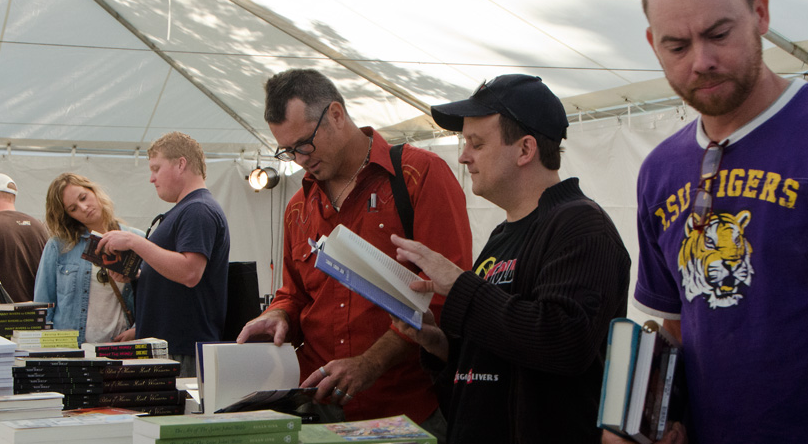
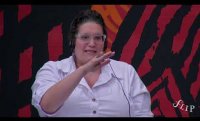

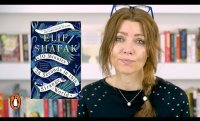

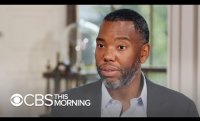

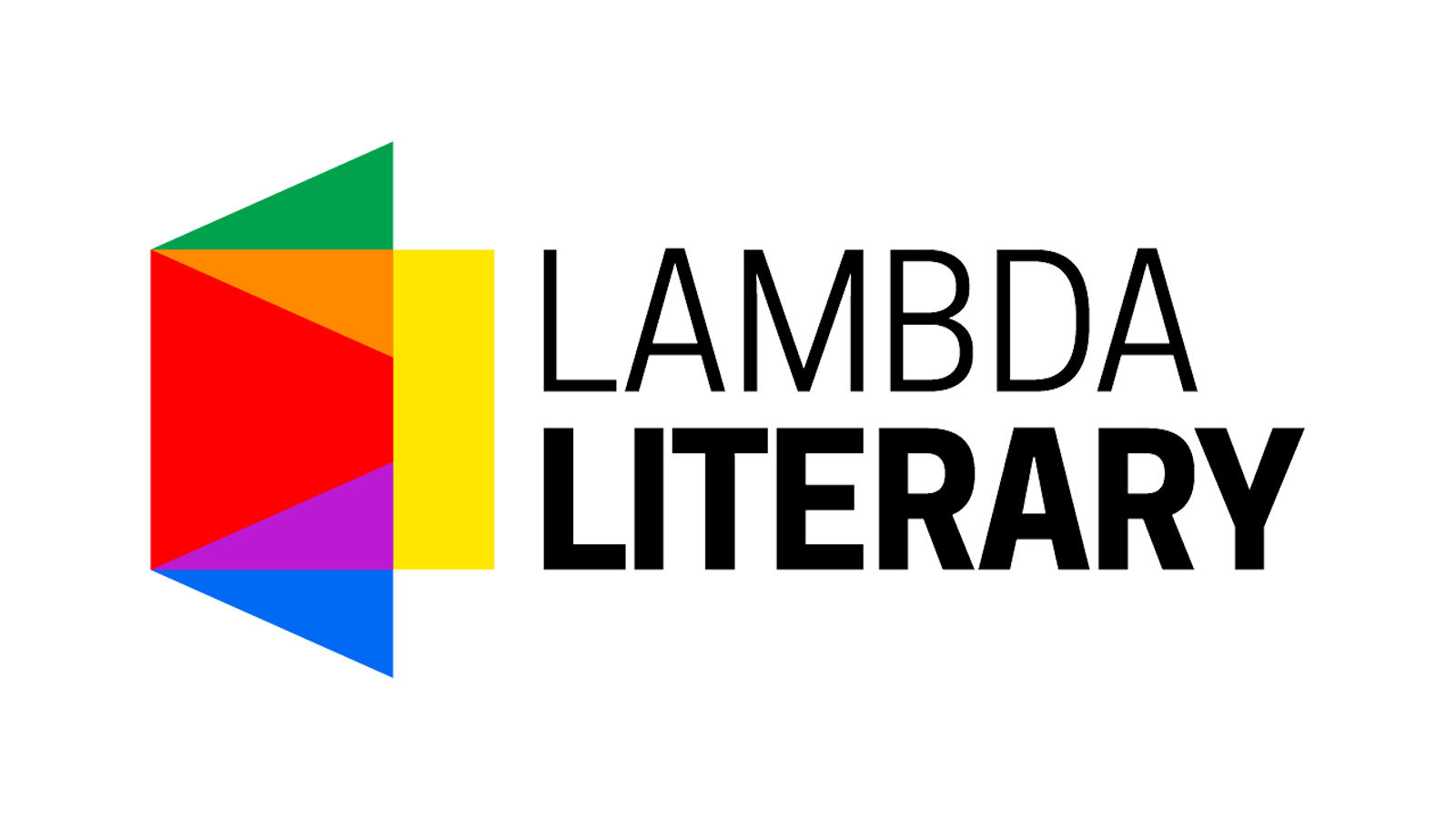
![DOCTOR SLEEP - Official Teaser Trailer [HD]](https://www.pw.org/files/styles/video_thumb_medium/public/media-oembed/i.ytimg.com/vi/2msJTFvhkU4/hqdefault.jpg?itok=H5H2JQkJ)